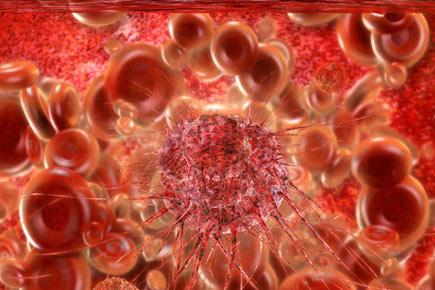Targeting a gene that has been thought to be a major cause of breast cancer may not actually yield much positive results, says a new study

Breast cancer
New York: Targeting a gene that has been thought to be a major cause of breast cancer may not actually yield much positive results, says a new study.
Mutation in the gene PIK3CA is the second most prevalent gene mutation in breast cancer and is found in 20 percent of all breast cancers. This has led people to think these changes may be driving breast cancer.
ADVERTISEMENT

Representational picture
"There are currently several drugs in development that target PIK3CA, attesting to the fact that many companies and clinicians believe PIK3CA to be a promising target," said one of the lead researchers, Arend Sidow, from the Stanford University in the US.
Yet these mutations are also known to be present in neoplastic lesions - pre-cancerous growths many of which are thought to be benign, that have not invaded the surrounding tissue.
For the study, the researchers sequenced the genes from tissue taken from the breasts of six women who had undergone a mastectomy, leading to a total of 66 samples, which included 18 carcinomas - a type of cancer - and 34 neoplastic lesions.
A specific mutation in the PIK3CA gene occurs in the same patient multiple times. This was found to be the case for four out of the six women.
In two out of these four cases, this mutation occurs in the neoplastic lesions, which are not considered tumours, but does not occur in the invasive carcinoma, the findings showed.
"Our finding that PIK3CA may recur multiple times at various stages of tumour or neoplastic development suggests that it is more of a moving target than one would like," Sidow noted.
The study was published in the open access journal Genome Medicine.
 Subscribe today by clicking the link and stay updated with the latest news!" Click here!
Subscribe today by clicking the link and stay updated with the latest news!" Click here!







